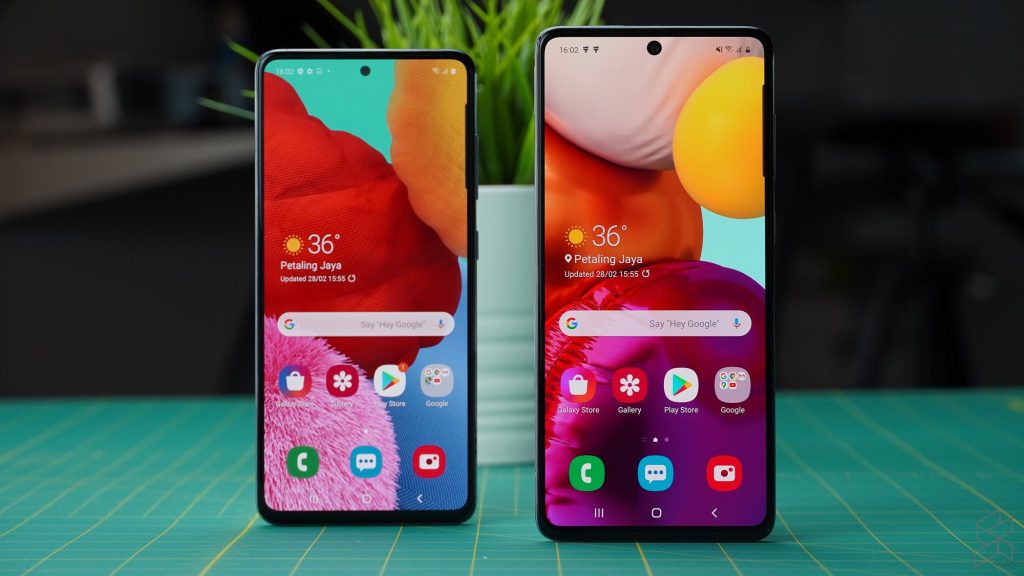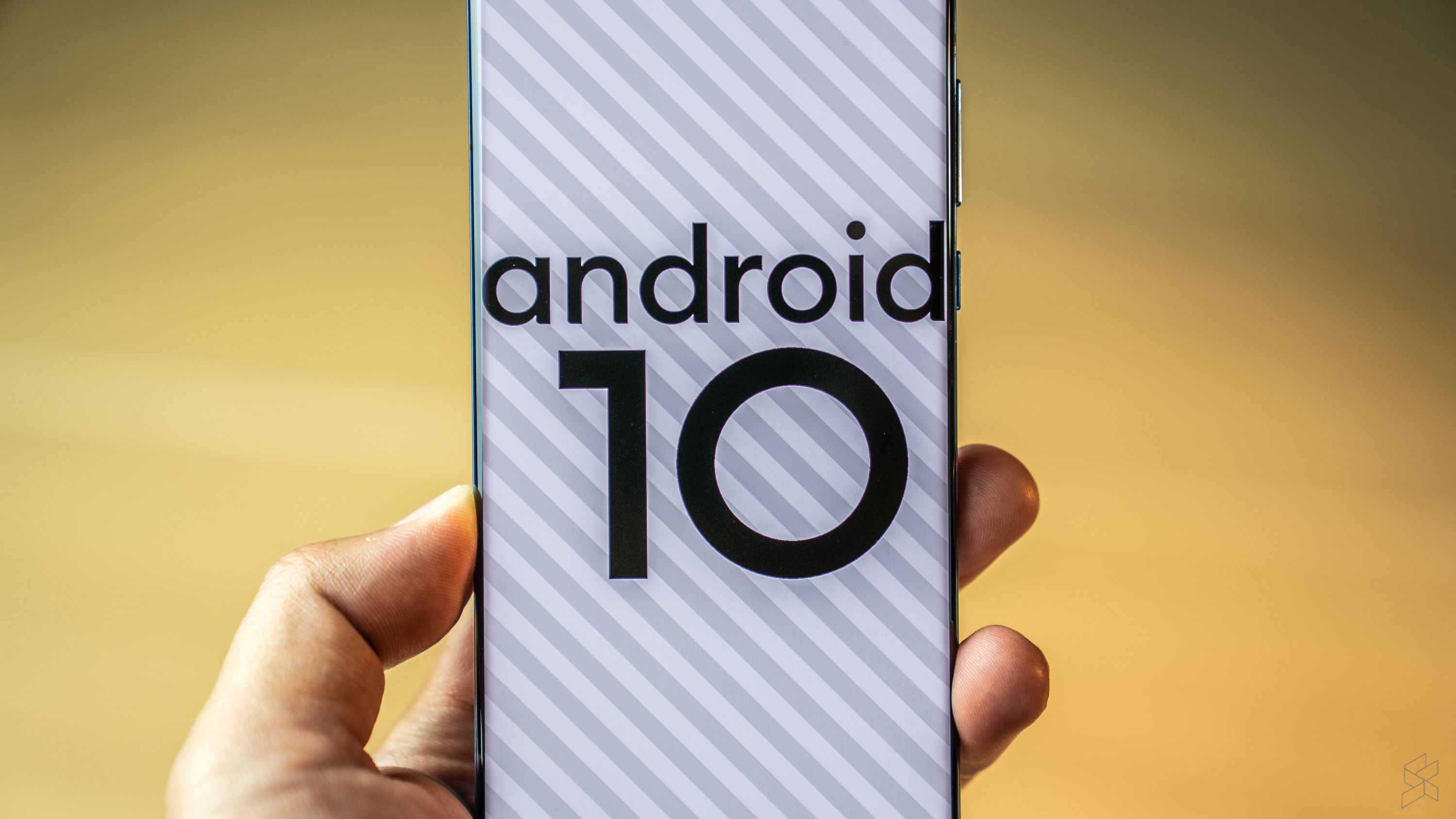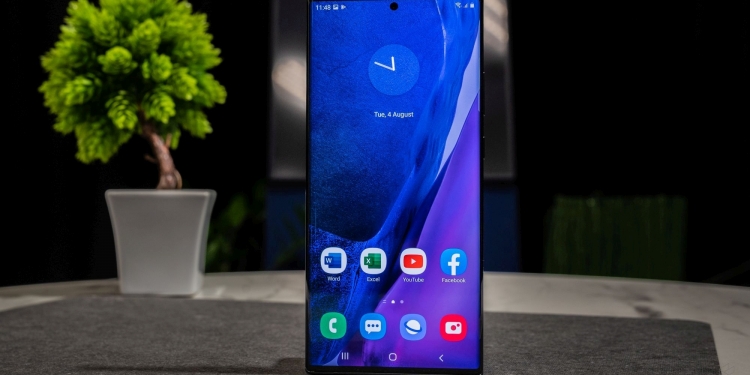Good news Samsung Galaxy phone owners. During the recently concluded Galaxy Unpacked 2020 event, where it launched the Galaxy Note 20 series, Samsung pledged to “support three generations of Android updates” for select Galaxy phones.
Finally, it looks like Samsung will offer the same level of software support as Google offers for its Pixel phones which is about three years. In comparison, Apple normally supports its phones for five years. Even an iPhone 6S from 2015 can be updated to iOS 14.
Samsung’s latest Galaxy Note 20 series, Galaxy Tab S7 series and Galaxy Z Fold 2 will all ship with Samsung’s One UI 2.5 software that is based on Android 10. Prior to this promise from Samsung, most users would have seen software upgrades up to Android 12, but they can now expect an additional year of support up to Android 13.
According to Samsung, this would apply to its flagship smartphones from the Galaxy S10 and newer. Specifically, it will apply to the Galaxy S, N and Z series. But it said not all A-series phone will enjoy these updates.

Compared to its high-end devices, Samsung sells more of its inexpensive A-series which includes models like the Galaxy A51 and A71. The problem with the lower-end devices like the A-series is that their hardware may not be able to run future iterations of Android. Though to be fair, it is unclear what the hardware requirements for new versions of Android.
In recent years, Samsung has made some big improvements when it comes to offering Android updates. It has reduced the amount of time its Galaxy S devices receive their OS updates by months. But Samsung told The Verge that it can’t comment if it will be able to get those major OS updates to its users more quickly.
While it is commendable that Samsung is committed to extending the lifespan of its Galaxy devices, we wonder why Samsung chose to use the word ‘generations’ instead of ‘OS versions’ or simply just ‘years’. There is speculation that Samsung chose to use that term, so as to provide it with some room to navigate around any delay by Google in releasing a major OS update.

Another reason is that Android releases don’t happen at the same time each year and Samsung does not want its customers to be confused whether they will get a particular update. If they chose to use the word ‘years’ that might leave some users feeling cheated for purchasing a device that just got released before the next big Android update.
Regardless, this is a huge commitment on Samsung’s part as the company is currently selling more than 20 models of phones that would fall under this guarantee. So just how well will Samsung keep to its promise? Only time will tell. But, considering that Samsung has to account for many regional builds of its devices, this is not going to be an easy promise to keep.
Hopefully, Samsung is able to keep its promise as this may set a new gold standard for software support that may eventually push other Android device makers to do the same. Considering that many flagship devices cost over RM4,000 these days, it makes sense that consumers would expect them to last longer than budget models.
[SOURCE]








